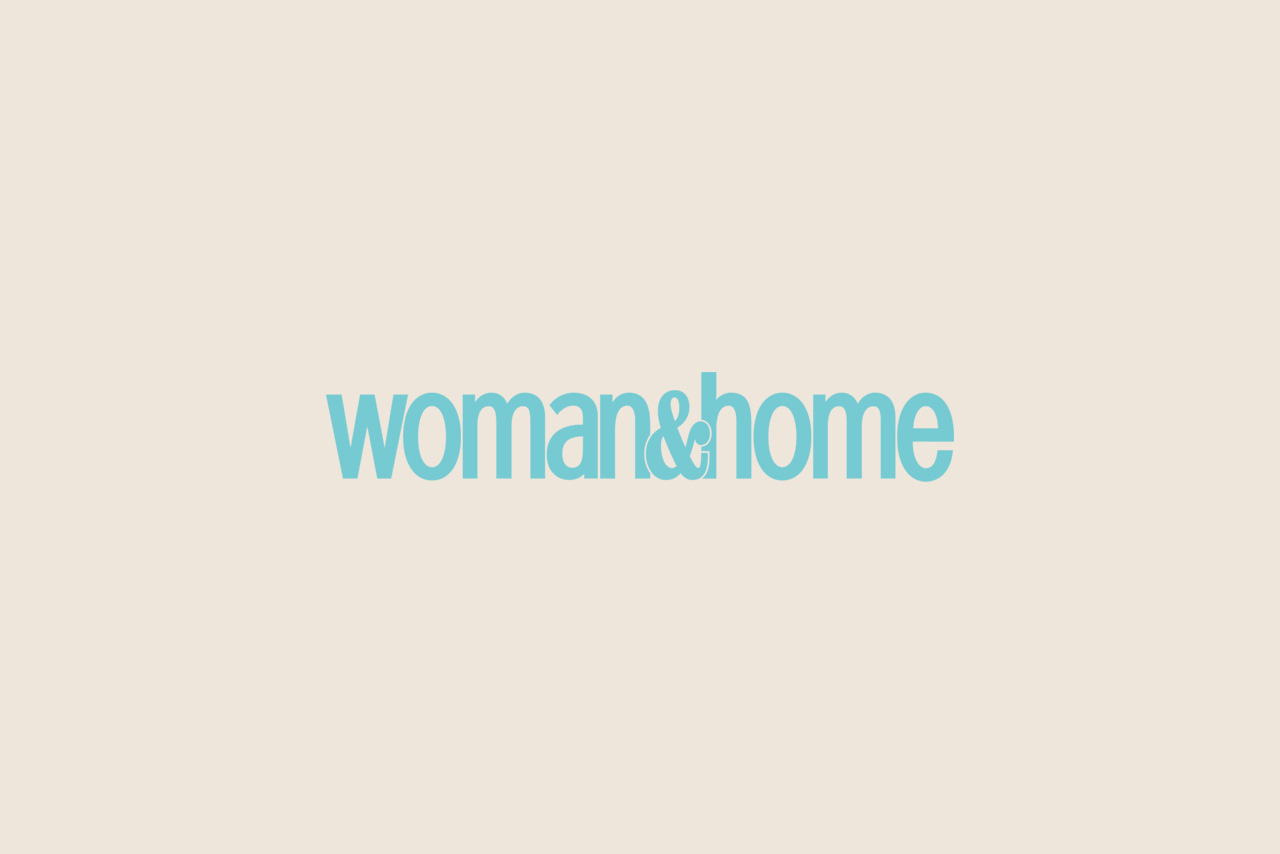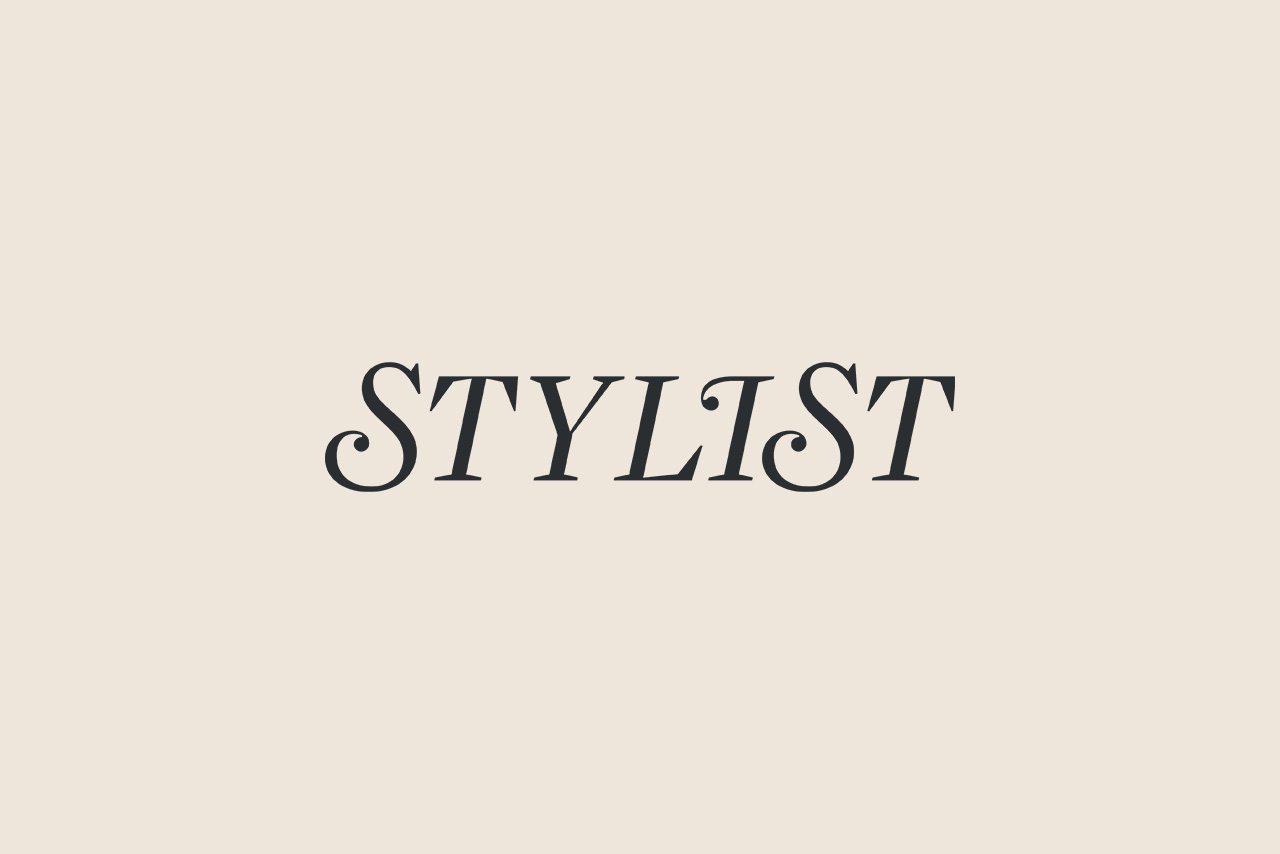
“I feel like I’m being pulled in all directions and I’m doing everything badly! I feel guilty the whole time that I should be doing something else, and I’m exhausted.”
As a coach, I hear words like these frequently – so many of us feel as if we aren’t enough somehow, or that we can never do enough to fulfil the demands on us. We’ve all been through the covid years, and now there are new challenges facing us that can feel relentless and overwhelming. It is often people who are vocational, passionate and talented who suffer most from the sense that they can’t switch off – that they need to be constantly available and attentive. In our current digital age, this can be the case for all of us, whatever our role or level of responsibility. We have collectively bought into the myth that we have to be immediately responsive whatever time of day or night it is. This way of living and working unchecked is at best unhealthy and at worst can lead to exhaustion and burnout. So, what can we do about what some call the ‘burnout epidemic’ sweeping all sectors of our society?
I believe that the answer lies in us re-claiming the concept of ‘enough’. Re-claiming it from any association with mediocrity or settling for average, and thinking of ‘enough’ instead as a pathway to contentment. Knowing that we are enough can give us permission to put in place the boundaries that we all so desperately need in order to live and work healthily. Believing that you are enough means that you replace any sense that you lack something, with a state of fullness. You move from chasing the ever hungry, never satisfied state of striving to focusing on what you have and starting from there. A state of being, doing and having enough allows us each to stand in the fertile ground, well rooted, and well-resourced so that we can flourish with creativity and brilliance. Far from being mediocre, enough is a springboard to self-belief, health and sustainability.
So how can we go about being and doing enough? The first thing is to look at our mindset. Whilst the feeling of overwhelm is always prompted by the reality of having a lot of demands on us, it is often our mindset that tips it into a feeling that we can’t cope. Our mindset is the framework of our thinking – the basis of what we believe about the world and our place in it. Our underlying inner beliefs shape who we are, what we do and what we allow ourselves to be capable of. Which is why it’s so important.
So often, many of us default to what I call a scarcity mindset. This is a sense that we lack something, and it’s from here that we get lured into believing that we can’t stop. This mindset is fear based and fuels a sense of inadequacy that somehow we lack what it takes to be successful, or have to prove ourselves in order to convince others that we are good enough. This is where imposter syndrome lurks, accompanied by its toxic friend perfectionism. When we feel that we lack something we are often driven to over-compensate – compelled to prove to our own inner voice that we are good enough we end up feeling that we can never do enough. This, in turn, tips us into another unhealthy mindset, one of excess – where there is too much to do, too much to think about, too much to absorb. We are unable to hold our boundary here, we are swamped. It is quite literally overwhelming, and we can feel powerless and overpowered by too many demands which are beyond our control.
When we are able to catch ourselves coming from these fear-based places – noticing that our thinking, reactions and assumptions are coming from a place of scarcity or excess, then we are able to make a choice to replace them with different set of beliefs. I call this an ‘enough mindset’ where we focus on what we have, not what we lack. An enough mindset is based on the belief that we are loveable exactly as we are – with all our flaws and talents. Of course, we can change and grow, but as a starting point, we are simply who we are and that is enough, in and of itself. An enough mindset is realistic not idealistic. Acknowledging things as they are, means that we start from the present moment, not an idealised view of what should be. With an Enough Mindset, we can see that perfection is a fantasy, so we release ourselves from its clutches. Sure, we can aim for excellence – but we do this from a position of knowing that giving the best of ourselves to things that matter to us will be Enough. We seek flow in what we do, rather than constantly pushing ourselves to work more or harder.
For many of us, this is the work – to spend time learning to accept ourselves exactly as we are. The move from fear to acceptance is useful because, we can replace a critical voice with an appreciative one. One thing that can really help here is to learn to notice the things that you appreciate about yourself. Focusing on what you value in yourself and in your life, however small, moves you into appreciating what you ARE, rather than what you lack. Keeping a note each day of three things that you appreciate about yourself can be a great way of combatting the perfectionist gremlin. Practicing appreciation regularly helps us access joy every day in small moments, and this in turn keeps us firmly in an enough mindset.
Once we’ve worked on believing that we are enough, the second step is to consider how we can do enough and for that we need to look at our boundaries and what resources us. Boundaries can get a bad rap in today’s culture of always having to be available and driven to work around the clock. But healthy boundaries are the key to healthy living because they contain us. Like a plant pot, boundaries give us structure to grow fully into who we are, and when we are able to make and keep good boundaries, we can give the best of ourselves to the task in hand, because we are well resourced to do so. My approach to creating good boundaries is to get clear about what we need them for – what is it that resources you and gives you energy?
Often in our lives, we don’t set or keep boundaries because we forget that we are able to. Exhaustion and burnout mean that we don’t even recognise that we can make choices about how we live our lives. We feel compelled to continue at a frantic pace at the same time as knowing that it is unsustainable. This can be a hard pattern to break, and one way to help is to review our working patterns. We all know that each day requires us to use energy and to rest and re-charge. When we are stuck in the rut of believing that we can never do enough – we convince ourselves that re-charging is a luxury that we don’t have time for. So thinking about what we can intentionally build into each day or each week that re-charges our batteries can be a great intervention. It matters, because to give the best of ourselves, we need to be well resourced. We need to be able to break the myth that doing more is always the best option. Often the opposite is the case – taking a break to re-charge can bring us back fresh, re-energised and better equipped to face the task ahead.
When we remind ourselves of what we need in order to function well, whether that is appropriate breaks from our desk, regular exercise, switching off in the evening or giving ourselves uninterrupted time to focus, we can start to design our lives in a way that facilitates flow rather than feels like an endless grind. It gives us clarity so that it feels obvious to protect our time for things that re-charge us. We can ‘say no for the bigger yes’ – which is after all, what a good boundary should do.
When we can learn to say, “I am enough” we can stand strong in who we are, with all our gifts and talents and avoid the trap of having to prove ourselves to anyone, or strive for something that is impossible. We can look at the challenges ahead and rather than getting recruited into believing we have to solve all of them, we can see where we can make our contribution – within the healthy limits of who we are and what resources we can give. Which is enough.


